Were the Regency marriages as cold as they are many times alluded to be? Mistresses for passion, wives for heirs and offspring. Were wives able to be sent to country and not seen in town if the husband forbid it?
I’m just curious as these situations appear humiliating.
Cheryl

There is definitely no universal answer for this question…marriages in the Regency were as diverse as they are today. Some contracted love-matches, others married for fortune, while other matches were made in the cradle to form an alliance between two families. Similarly, adultery (mistresses) were as much a part of the culture as they are today. Women, especially in more elevated circles, also were known to engage in affairs after the obligatory heir and spare were born.
Also like today, there were no doubt abusive husbands who exiled their wives or otherwise beat, bullied and alienated them from everyone and everything.
The main difference in marriage is best understood according to the prevailing legal constraints on the “fairer” sex.
1. Property (with some exceptions), titles, and other assets travelled from father to son. This was what made it so significant that a husband was assured of his wife’s chastity and fidelity (assuming a man would want his assets to travel to his biological son), and why having a cukoo in the home nest abhorrent. It was also why having a son was of importance (and thus the “heir” and “spare”).
Jane Austen gives us a clear picture of the difficulties this presented for unmarried females. Charlotte Lucas (Pride and Prejudice) describes the necessary evil of marriage: “‘I am not romantic, you know. I never was. I ask only a comfortable home; and considering Mr. Collins’s character, connections, and situation in life, I am convinced that my chance of happiness with him is as fair as most people can boast on entering the marriage state.’”
Indeed, the alternative for a woman of spinsterhood was uneviable. Austen characterizes Mrs. Bates (from Emma) “[She] stood in the very worst predicament in the world for having much of the public favour; … and her middle of life was devoted to the care of a failing mother, and the endeavour to make a small income go as far as possible.”
Therefore, romantic sensibilities were often a luxury many women could not afford. Whether or not they found their circumstances humiliating, or chose to focus with optimism on the lesser of the evils, I am sure depended entirely on the woman.
A contemporary author gives us a similar perspective.
“Two young persons get into company and from a violent flush of the passions, without the exercise of either judgment or common sense, and without tlx least thought of either temper, morals, sentiment,circumstances, form a violent attachment, which they are compelled to call by some name, and ashamed to call it by its proper one, they steal a most sacred word—they call it love.
Now genuine love is always accompanied with wisdom, therefore, when you percieve a coupling without wisdom, (a very common thing now a days) you may be sure it is not the work of genuine love, if it was, it could only fix the affections on valuable qualities. When the passions of a corrupt mind are stirred up, it looks no further than its gratification, and this flame being quenched their mutual indifference, to each other’s peace, soon discover that it was not from love they came together, but something of a very different nature.
The Author has uniformly found that ignorance in the choice has always insured misery in the life. On the other hand, he is also confirmed by observation and experience, that an union formed upon the sentiments contained in this work, will as certainly produce happiness, as the sun does light and heat. An intelligent person, in such a case, would first naturally ask himself what qualifications must the partner of my life possess to suit with my own, so as to produce mutual comfort? and next, does the object before me possess it? if not how can I be so mad as to hope for peace from its opposite. But the christian has a more sure word of prophecy, whereuntobe is obliged to take heed, if he would be a christian indeed; and if he observe his duty he is sure to gain comfort in bis choice.” (An infallible guide to a pleasant marriage and happy life, 1826)
Jane Austen, a spinster herself, undoubtedly treated her heroine’s more kindly than was her experience: “Single women have a dreadful propensity for being poor, which is one very strong argument in favour of matrimony” — Jane Austen, letter of March 13, 1816.
Genteel women had few options for earning income, and that income was of little consequence and often required suffering the whims and wiles of others. Working class women had more options for employment, but again there was no long term wealth or security to safeguard against illness, disease, or even old-age.
2. The second legal constraint compounding property rights and entail was that women had no voting rights. This informed the belief that women did not require advanced education, denying them access to Universities. It also meant men had absolute rights over children, and indeed women, requiring women to be dependent upon the men in their lives.
Naturally, this would be insufferable in many respects but also, without a frame of reference to compare any alternatives, an inherent condition of being born a female. From today’s perspective, marriages in the Regency may appear mercernary or cold. Conversely, plop a Regency gent or lady in today’s culture and they might wonder at the matches contracted on the basis of lust, calf-love, or other impractical foundations. The takeaway is that I think, within the cultural context, many would not have an emotional response to a marriage based on sense, rather than sensibility.
As far as men leaving their wives in the country, this would appear to be more of a trope of modern romances. I was able to find some references to leaving wives at home when the man of the house was attending to politics/Parlimentary, or journeying abroad (for war, appointments, etc). I don’t think this was necessarily the norm, and although it surely occured, would have been an individual rather than a broader social trend.
For much more on the marriage state and Austen, see this wonderful dissection: http://www.pemberley.com/janeinfo/pptopic2.html

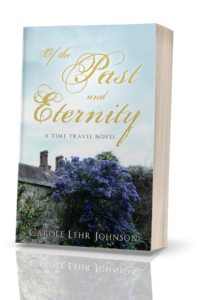
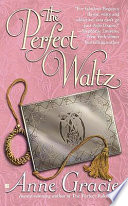
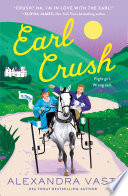
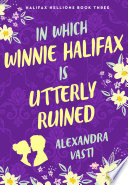
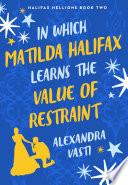
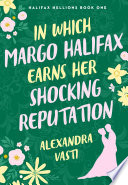
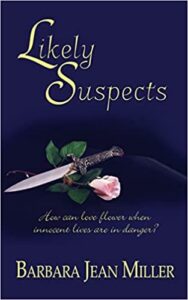
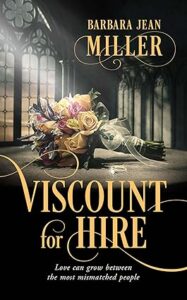



NO! Take a look at President Andrew Jackson. He was such a romantic and completely devoted to his wife. He braved insults because of her. He loved her to distraction and would now be considered “whipped”. He helped out his wife’s brother in an elopement that encouraged helping the girl climb down from her bedroom window! Seriously, he was a true romantic.
Thanks, Sassy Countess!
Andrew Jackson was one of my favorite Presidents, mostly for his propensity for holding huge ragers in the White House and inviting the masses.
He was also said to have participated in over 100 duels, so…its safe to say he was of fiery disposition with more sensibility than sense.
One of my favorite Regency romances was that of Lady Castlereagh and her husband, who were known to be devoted to each other. https://regrom.com/2013/01/20/regency-women-of-character-lady-castlereagh/
I love the worry about losing a “hum” on this story! Thank you for the link.